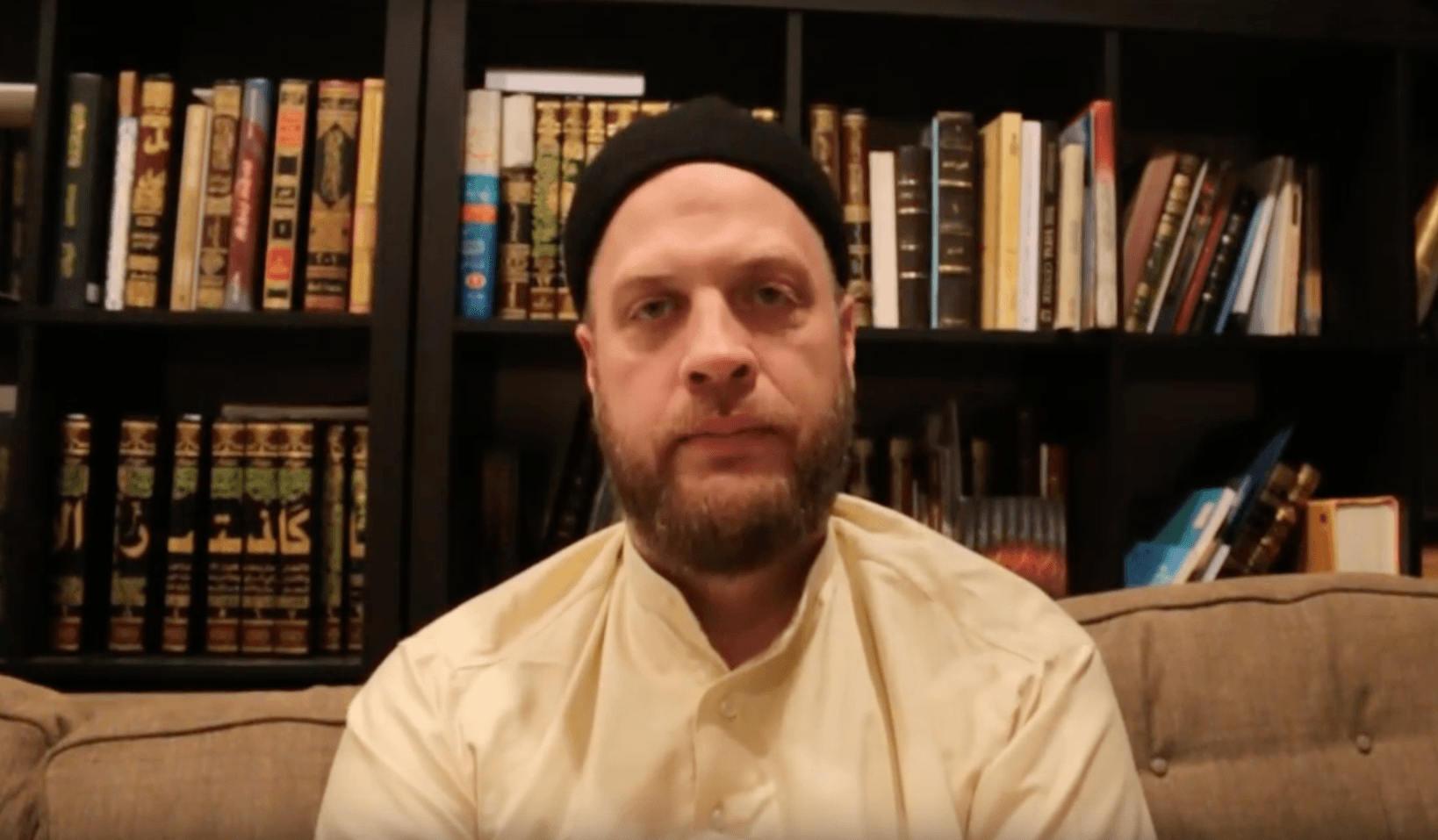Suhaib Webb is probably not what many Americans imagine when they hear the word "imam."
The Islamic spiritual leader is a blond, blue-eyed, former hip-hop DJ from Oklahoma City. In high school, he was a member of a street gang. His grandfather was a fundamentalist Christian preacher.
When Webb turned 20, he converted to Islam. Now 43, he’s emerged as one of the most influential American Muslim voices speaking out against extremism.
That outspokenness recently landed Webb on an ISIS hit list, along with 20 other Muslim leaders from the US, UK, Canada and Australia whom the group accused of “apostasy.”
Any death threat is worrying — and Webb takes this one seriously. But he’s also quick to note that he’s received many more death threats from people who claim to be some of the staunchest enemies of ISIS: American conservatives.
“The threats against my life by the far right have been greater in frequency,” he says, “than they have been from radical Muslims.”
Islamist militants and American right-wingers have very different reasons for wanting Webb dead — contradictory reasons, in fact. ISIS called him a “tool for taming Muslim youth in the West.” Right-wing critics in the US, on the other hand, claim he encourages “jihad.”
Still, Webb thinks those conflicting accusations are rooted in very similar ideas about Islam and the West.
“I think that they both have incredible synergy,” he says. “I think that ISIS's biggest problem with someone like me is that I'm able to show I can live in America as a Muslim, but I can also live in America as an imam. I think the same thing applies to the far right in this country. First of all, they're absolutely anemic when it comes to the knowledge of Islam. But again their thought process is very similar to ISIS, that Islam and the West are incompatible. So they actually agree on this issue. They see Islam in the same way.”
So what’s the way forward in what Webb calls a “fractured world?”
For Americans, he says, people of all faiths — including non-believers — will need to coexist.
And the US Muslim community can combat the ideas about Islam and the West that motivated those death threats simply by continuing to do “really good work” in their communities.
“You look at IMAN in Chicago — Inner-City Muslim Action Network — which runs one of the largest low-income health clinics in Chicago,” Webb says. “The same thing can be said of UMA clinic, a free clinic run in South Central Los Angeles. I mean there is great work happening. I think it's distorted or blotted out because it only takes one jihadi to kill a lot of people unfortunately, to do a great act of terror … We have to remind people that we have been and are very much part of every aspect of Western culture. … That undermines ISIS; the participation, the ability to be involved in different aspects of society, undermines the claim that Islam and the West are incompatible.”
